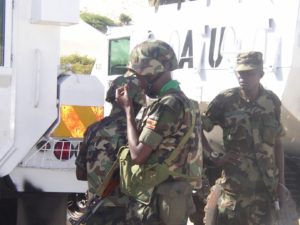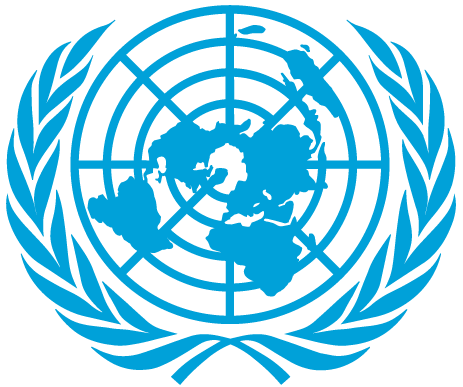
(Eu)Roped In: The Side-Lined Dimensions of Nigerian Victims of Sex-Trafficking
The year 2015 was labelled as the year of the “European migration crisis” owing to the elevated numbers of economic migrants, refugees, and asylum seekers attempting to enter the continent. Women represent a significant group in the migration flows of the Mediterranean; however, the complexity underlying their identities and realities has been poorly captured in policy documents. This piece uses religion as a tool to critically analyse the pre-migratory and post-migratory contexts of Nigerian women by adopting an intersectional lens. It simultaneously denounces the epistemic tendency to exclude religion from intersectional frames of reference.






